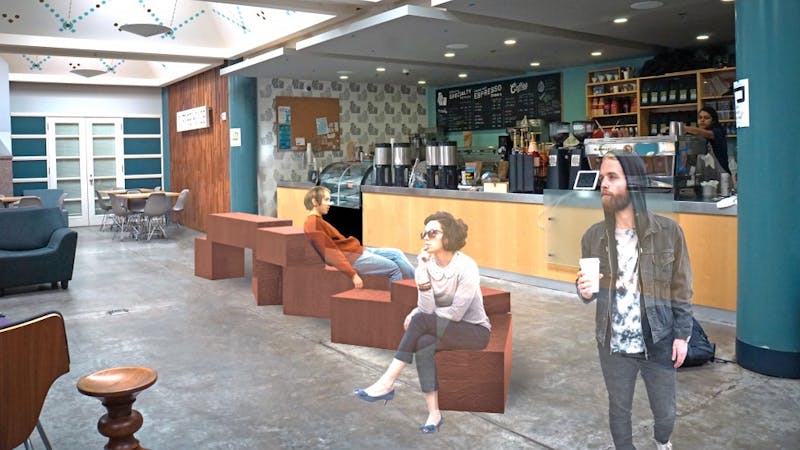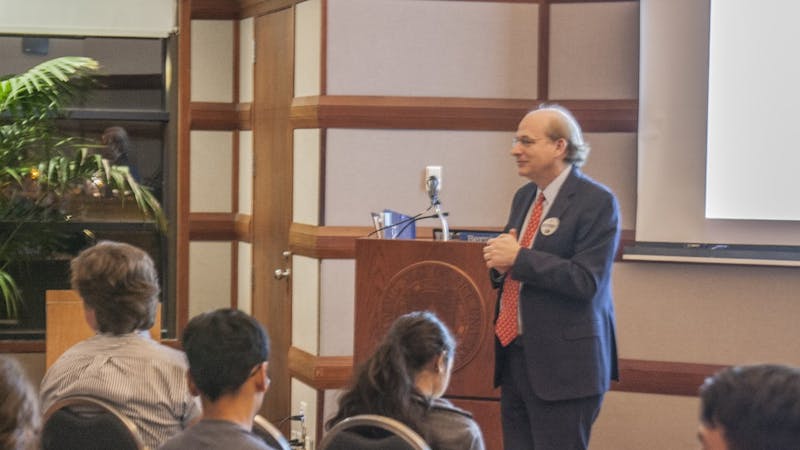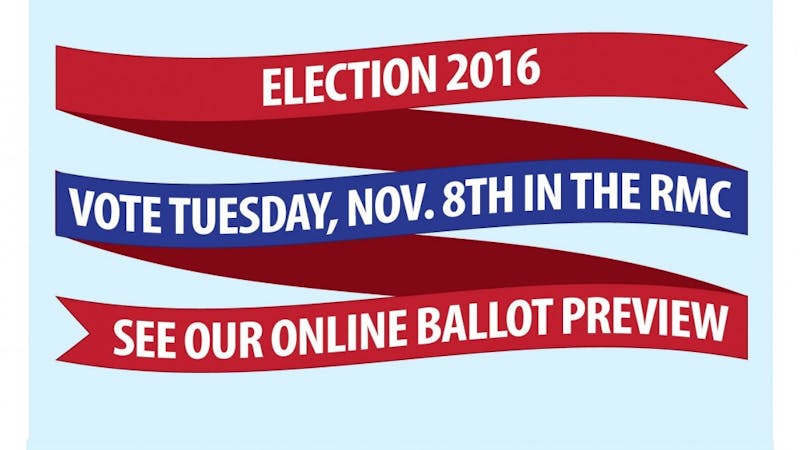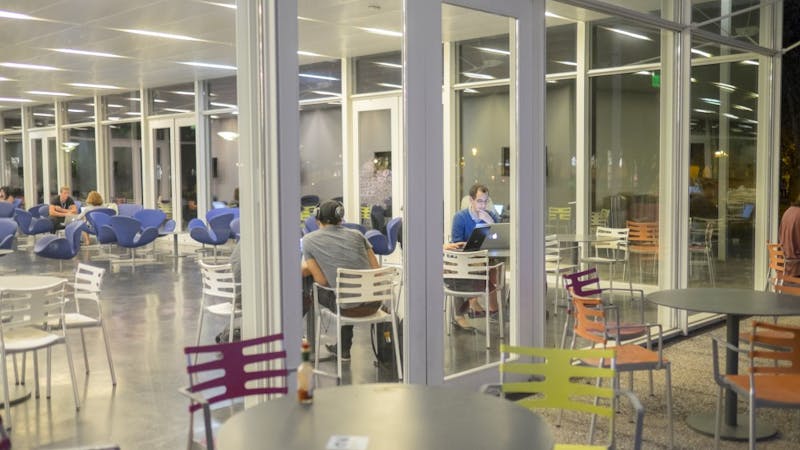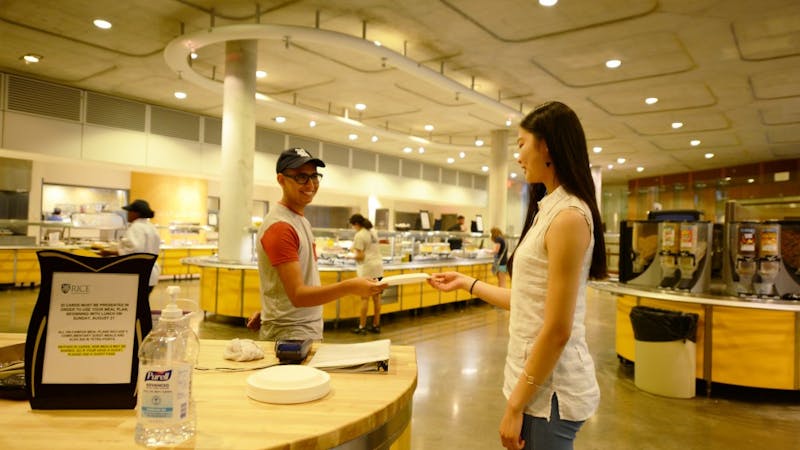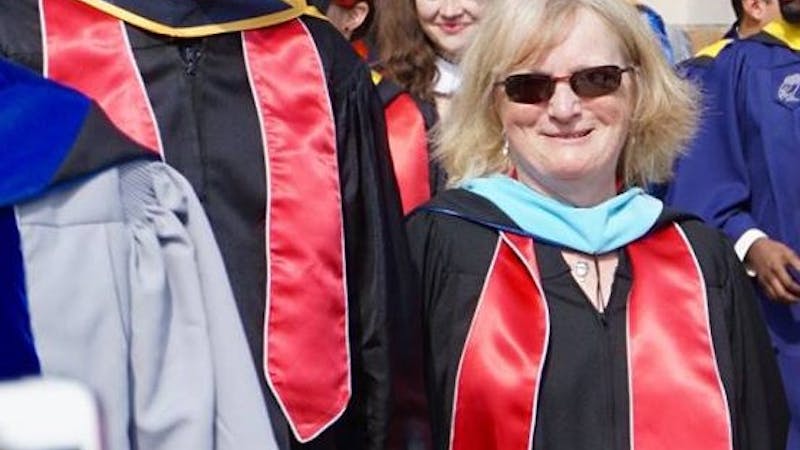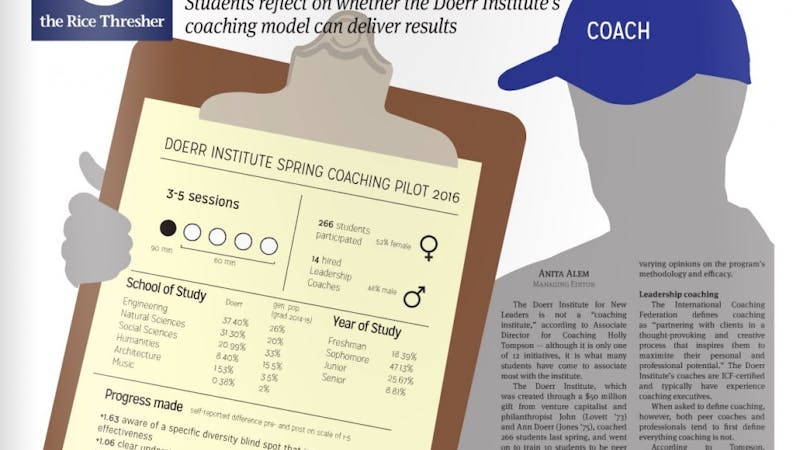
College masters recommend change to title, SA seeks student input
Following the announcement of the Committee of the Masters’ recommendation to change the title of “college masters,” the Student Association is soliciting student opinion on the proposal, according to SA President Griffin Thomas. The collection of student feedback came at the request of Rice University President David Leebron, Provost Marie Lynn Miranda and Dean of Undergraduates John Hutchinson, with whom the decision ultimately rests.

